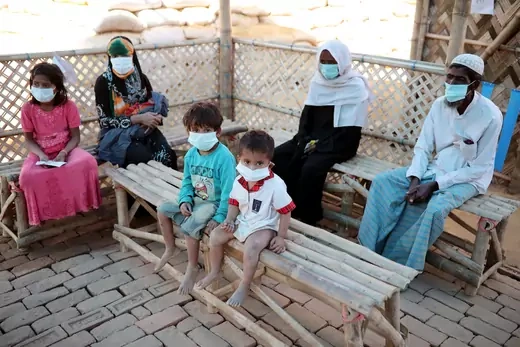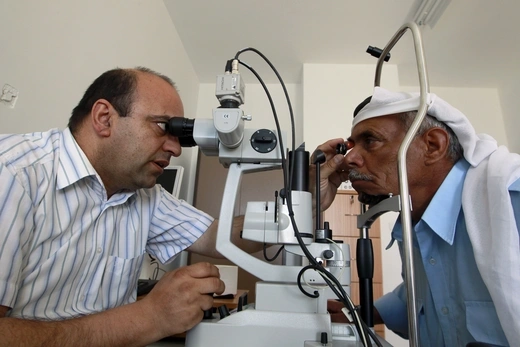- RealEcon
- Israel-Hamas
-
Topics
FeaturedIntroduction Over the last several decades, governments have collectively pledged to slow global warming. But despite intensified diplomacy, the world is already facing the consequences of climate…
-
Regions
FeaturedIntroduction Throughout its decades of independence, Myanmar has struggled with military rule, civil war, poor governance, and widespread poverty. A military coup in February 2021 dashed hopes for…
Backgrounder by Lindsay Maizland January 31, 2022
-
Explainers
FeaturedDuring the 2020 presidential campaign, Joe Biden promised that his administration would make a “historic effort” to reduce long-running racial inequities in health. Tobacco use—the leading cause of p…
Interactive by Olivia Angelino, Thomas J. Bollyky, Elle Ruggiero and Isabella Turilli February 1, 2023 Global Health Program
-
Research & Analysis
FeaturedFollowing a long series of catastrophic misadventures in the Middle East over the last two decades, the American foreign policy community has tried to understand what went wrong. After weighing the e…
Book by Steven A. Cook June 3, 2024
-
Communities
Featured
Webinar with Carolyn Kissane and Irina A. Faskianos April 12, 2023
-
Events
FeaturedJohn Kerry discusses his work as U.S. special presidential envoy for climate, the challenges the United States faces, and the Biden administration’s priorities as it continues to address climate chan…
Virtual Event with John F. Kerry and Michael Froman March 1, 2024
- Related Sites
- More
October 21, 2022
COVID-19Every viral pandemic since 1900 has been the result of spillover from animals to humans. Public health systems should take the steps outlined by Jay Varma and Neil Vora to limit the potential for spi…
January 30, 2020
HealthMitigating potential communicable disease in refugee populations is a subset of efforts for human rights, equality, and dignity. A basic multilateral framework could improve health care in these situ…

January 30, 2020
HealthRefugee health needs in non-camp, urban settings have increasingly shifted to noncommunicable diseases. Providing preventive care and specialist treatment requires a massive influx of resources, but …

May 15, 2007
Health Policy and InitiativesIntroduction The U.S. is in the midst of a five-year, $15 billion commitment to fight AIDS in developing countries. Despite that support, and billions of dollars from other sources, the AIDS pande…
July 18, 2016
RussiaSteven A. Tananbaum Senior Fellow for International Economics Robert Kahn argues that summer has seemingly brought a new optimism about the Russian economy. Russia’s economic downturn is coming to an end, and markets have outperformed amidst global turbulence. But the coming recovery is likely to be tepid, constrained by deficits and poor structural policies, and sanctions will continue to bite. Brexit-related concerns are also likely to weigh on oil prices and demand. All this suggests that Russia’s economy will have a limited capacity to respond to future shocks.
 Online Store
Online Store
